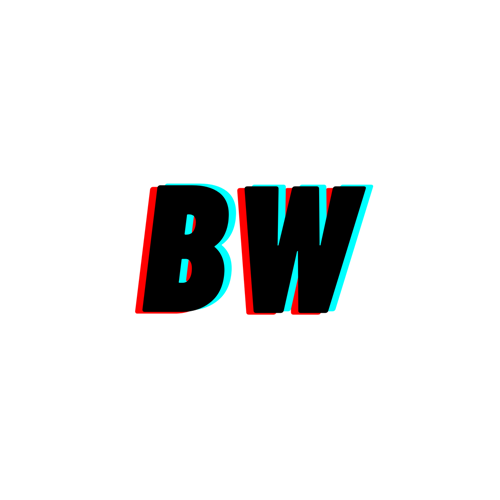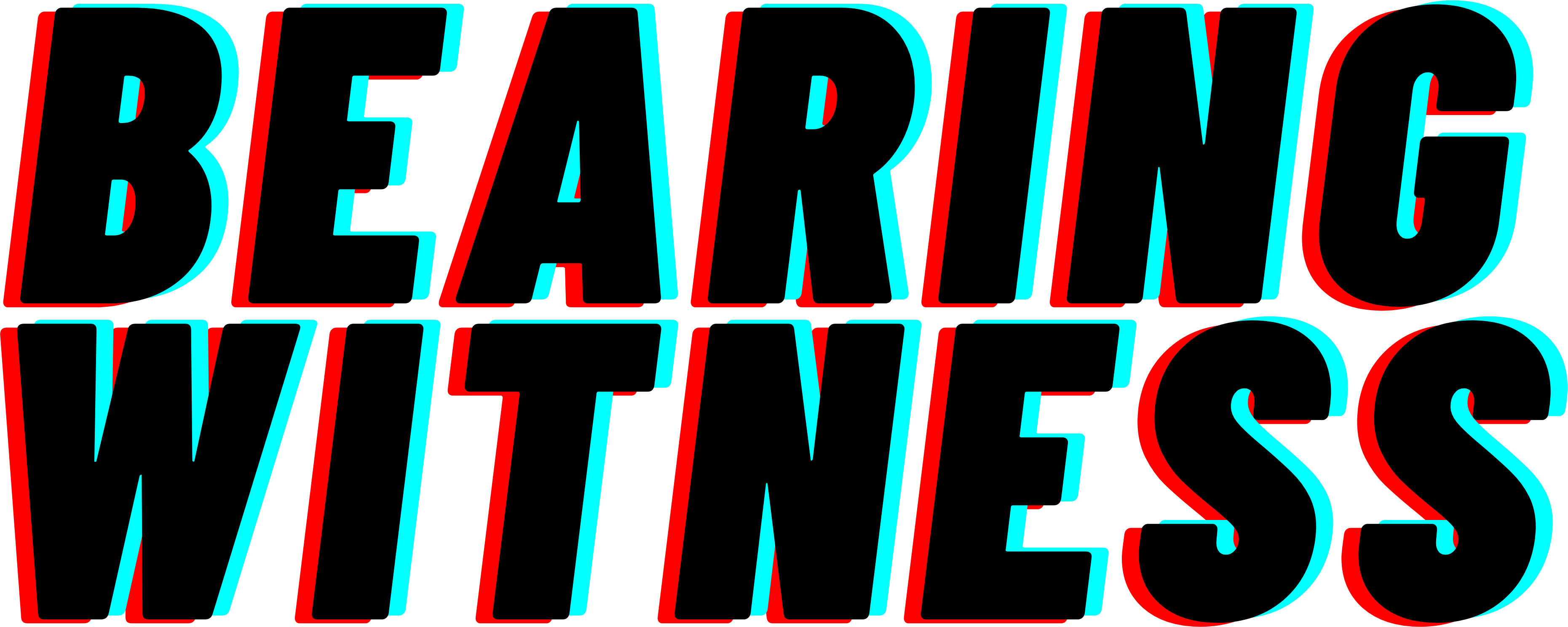 May 2023 Event
Documentary
Research Harassment Symposium
May 2023 Event
Documentary
Research Harassment Symposium

Bearing Witness: Hate, Harassment and Online Public Scholarship is a project based at York University and led by Alex Borkowski, Natalie Coulter, and Marion Grant.
Bearing Witness centers the stories of graduate students who have encountered harassment online in response to their research and seeks to shine a light on experiences that are rarely acknowledged or documented
Research harassment describes instances of hate that scholars experience when disseminating their research and scholarly work in online spaces.
Social media has become an increasingly important tool for scholars to extend their networks and build a public profile. The pressures to maintain a visible online presence are even greater for graduate students as a strategy to amplify their research to ultimately compete in a tight job market upon graduation. Yet, it is these same platforms that enable certain groups and individuals—often on the far-right—to conduct coordinated harassment campaigns that disproportionately target, women, queer, BIPOC, disabled, and other marginalized scholars
From climate change to social equity, from gaming to critical race, graduate students’ research paradigms and topics are becoming political fodder in highly polarized and volatile online environments. The situation is further intensified as universities and funding bodies face additional pressures to a) meet equity, diversity, and inclusion expectations by admitting more graduate students from marginalized communities, b) advance research in topics related to equity, diversity, and inclusion that are disproportionally targeted in digital harassment campaigns and c) engage in knowledge mobilization practices that solicit attention from a broad online public.
While scholars at any point in their careers might experience research harassment, it poses an under-discussed and particularly acute threat to graduate students. In addition to causing drastic harm to the well-being and career prospects of individual graduate students, the long-term impacts of online harassment include the ways in which it limits what types of research are able to proceed, which perspectives are silenced, and which researchers are ultimately able to remain in the academy. It is our hope that this project will enable us to establish an interdisciplinary community of scholars committed to building more robust support systems to combat research harassment.
ALEX BORKOWSKI Alex Borkowski (she/her) is a PhD candidate in the joint graduate program in Communication & Culture at York University and Toronto Metropolitan University. Her current research seeks to address the gender politics of automated voice technologies, examining female-coded artificially intelligent virtual assistants and the history of women’s vocalic labour and performance in telecommunication systems.
NATALIE COULTER Natalie Coulter is an Associate Professor in Communication and Media Studies and Director of the Institute for Digital Literacies (IRDL) at York University, Canada. She is co-author of Media and Communication in Canada (9th ed) and co-editor of Youth Mediations and Affective Relations (2019) and author of Tweening the Girl (2014) She is a founding member of the Girls’ Studies Research Network (GSRN) at York University, and the Association for Research on the Cultures of Young People (ARCYP).
MARION TEMPEST GRANT Marion (she/her) is a PhD student in the joint Communication & Culture Program at York University and Toronto Metropolitan University. Her research uses Digital Humanities tools and approaches to uncover and track women’s artistic and social labour during the late-nineteenth and early-twentieth centuries.
ANNA YOUNG Anna Young is a PhD student in the joint Communication & Culture programme at York/Toronto Metropolitan University. Her research is positioned at the intersection of media history, material culture studies, and body studies, and draws from a queer and sensorial methodology. Her dissertation work investigates the materiality, genealogy, and cultural formulation of the screen from the 1950s to the present day.